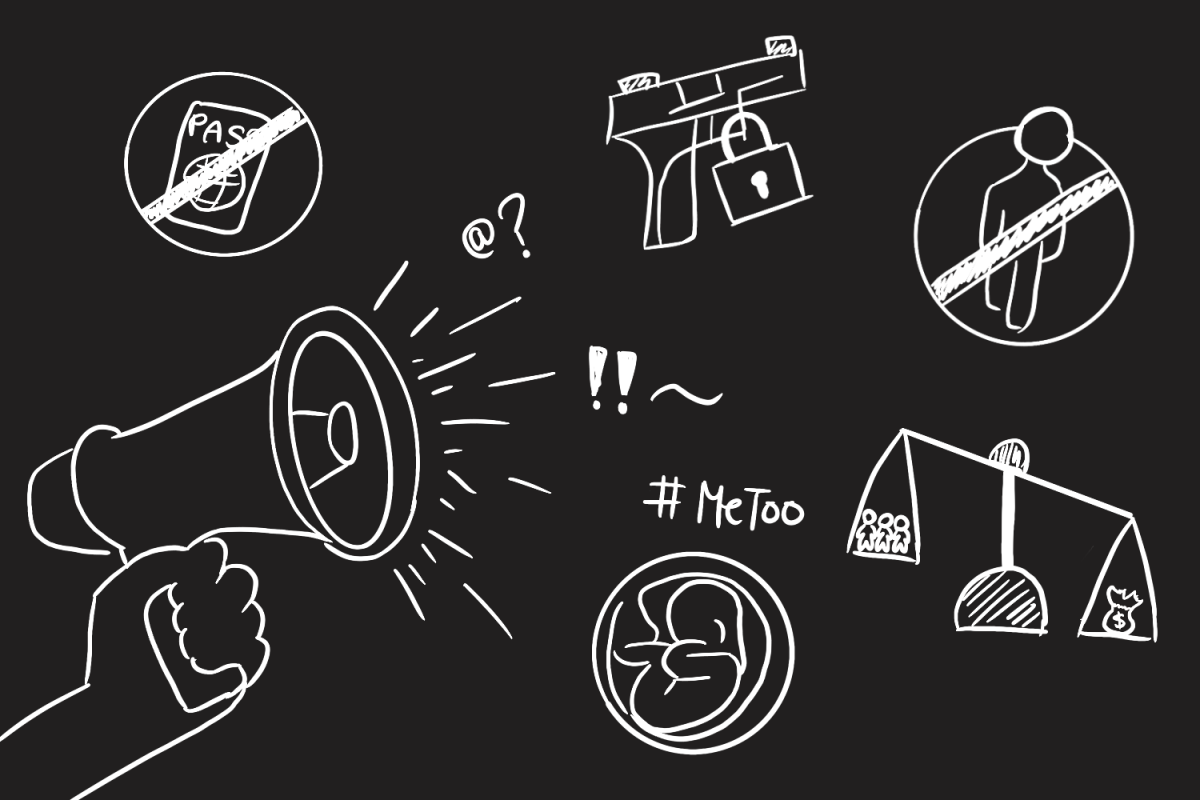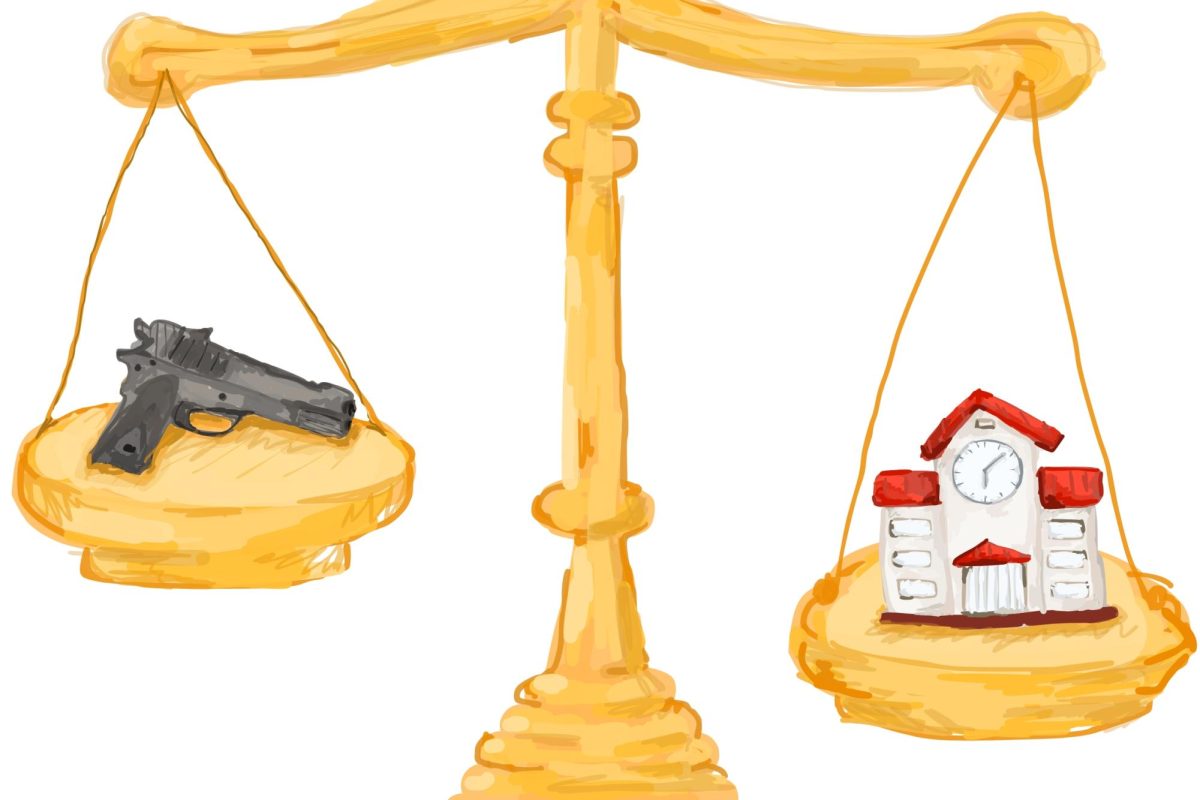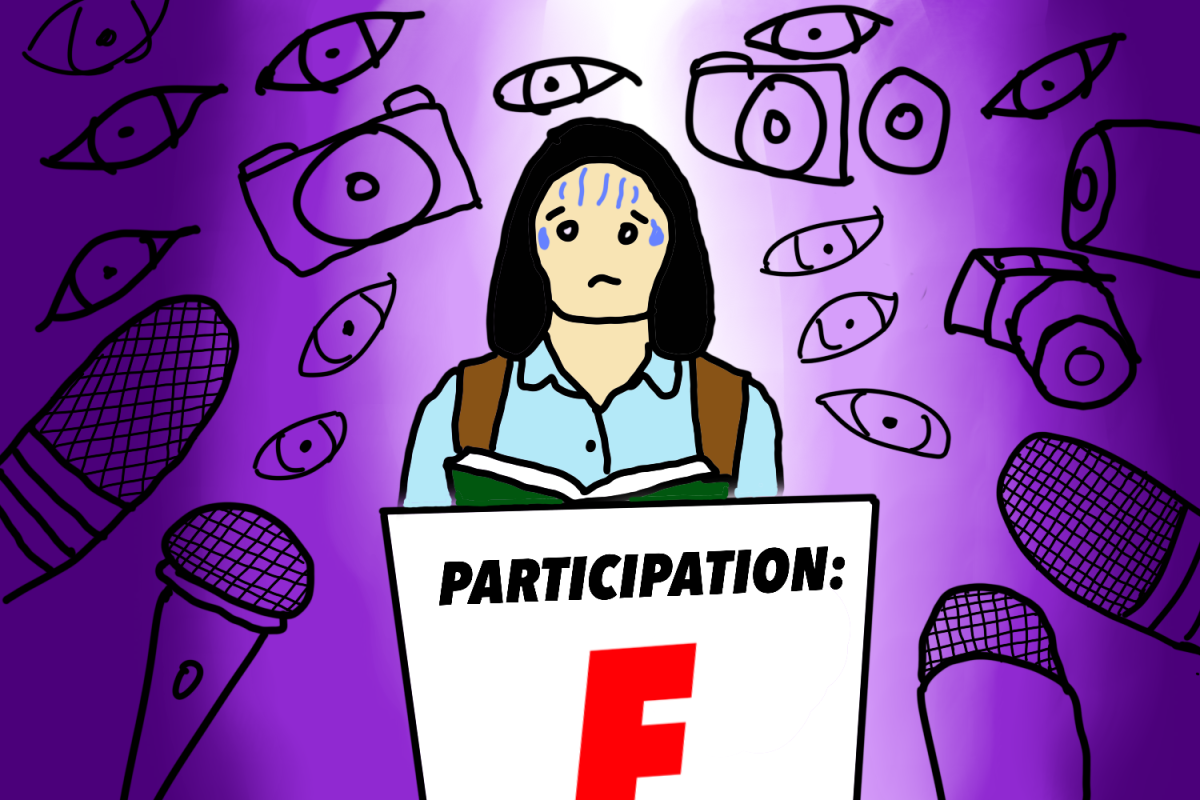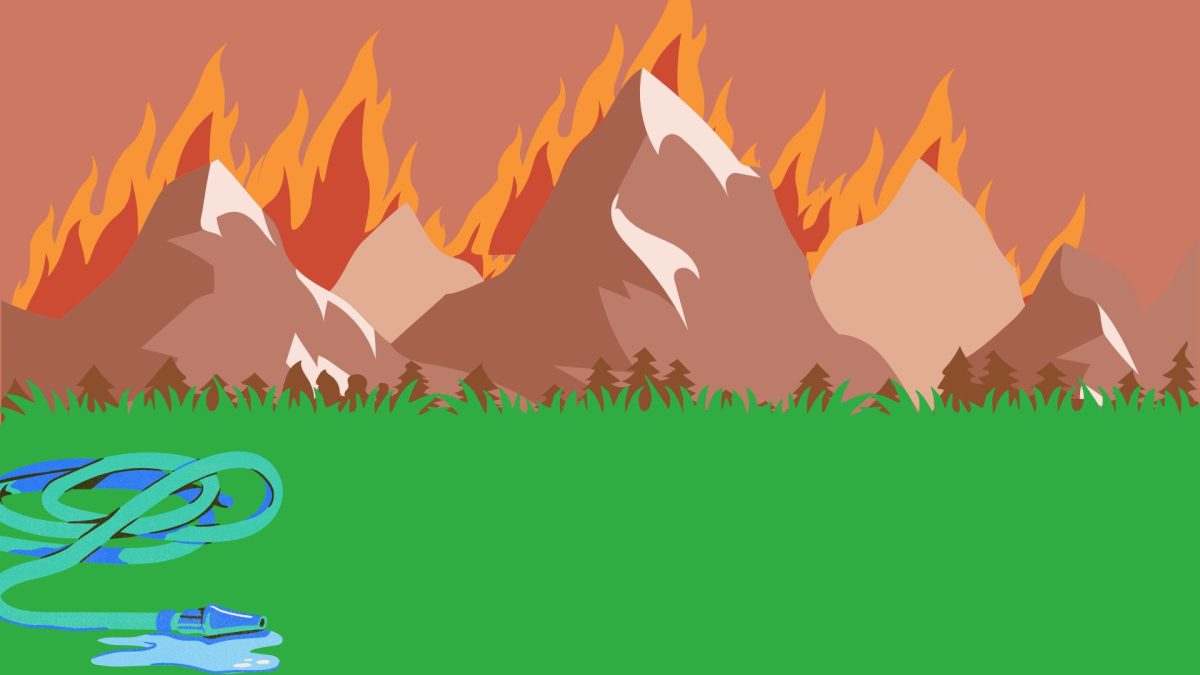Bring up politics at the dinner table, on social media, or even in class, and you’ll often encounter either conflict or a quick change of subject. But why do we shy away from discussing the very decisions and policies that shape our world? It doesn’t make sense, and it’s time to change that.
The belief that politics is too controversial, especially in schools, has led to missed opportunities for meaningful dialogue. Some say it’s “too divisive,” but political issues touch every part of our lives. Elections and their resulting policies shape the world we live in and impact our communities and future, whether we care about them or not. The simple truth is that avoiding politics doesn’t make life easier; it just leaves us less prepared to understand and respond to issues we’ll encounter as adults.”
Hesitation around politics often stems from a fear of conflict. We typically steer clear of topics we think might spark arguments, choosing instead to stay on safe ground. But is that really the best approach? We miss out on chances to connect, learn, and even challenge our own assumptions. It’s true that conversations can become heated, and people have strong opinions about their beliefs. But that’s just a part of reality. We can’t change the fact that individuals feel passionately about their views. However, avoiding these discussions means missing out on crucial opportunities for growth and understanding.
High schools, in particular, should be places where students first start learning to engage with real-world issues, especially as they’re only a few years away from adulthood. Politics, after all, is part of this world. While classes like journalism, speech and debate, and senior-year government offer some opportunities for discussion, integrating current political topics more consistently into social studies or history classes could make a bigger impact. Clubs and other organizations on campus offer some engagement, but they often don’t reach enough students to make a significant difference. Schools could introduce a focused political science course or further integrate political topics into existing classes to bridge this disconnect.
Political conversations, when guided with respect for differing beliefs, teach students to think critically, handle diverse perspectives, and develop their own. They equip them with the tools and life skills they need to navigate the complexities of “real life,” and those go far beyond the classroom. Research has shown that people who engage in political discussions are more likely to become active participants in their communities. As a result, they’re more likely to vote, volunteer, and take part in civic activities.
In fact, some of the most impactful moments occur when people with differing views come together to engage in debate, which is the reason why we have presidential debates in the first place. They provide a platform for contrasting views, helping voters make informed decisions and promoting a culture of dialogue and communication needed for democracy. This exchange of ideas not only encourages critical thinking but also fosters empathy and understanding for candidates.
While there will always be moments of discomfort or disagreement, these instances can encourage understanding. Despite how divided the government may seem, students can still practice finding common ground through constructive dialogue. And although no one is stopping us from having these conversations, opportunities to explore such discussions are limited. Despite this, it’s important that we engage with current issues today to prepare ourselves to shape the future more effectively.







